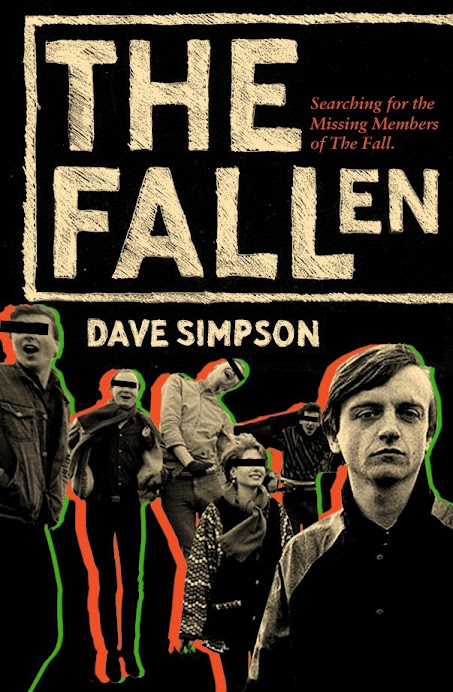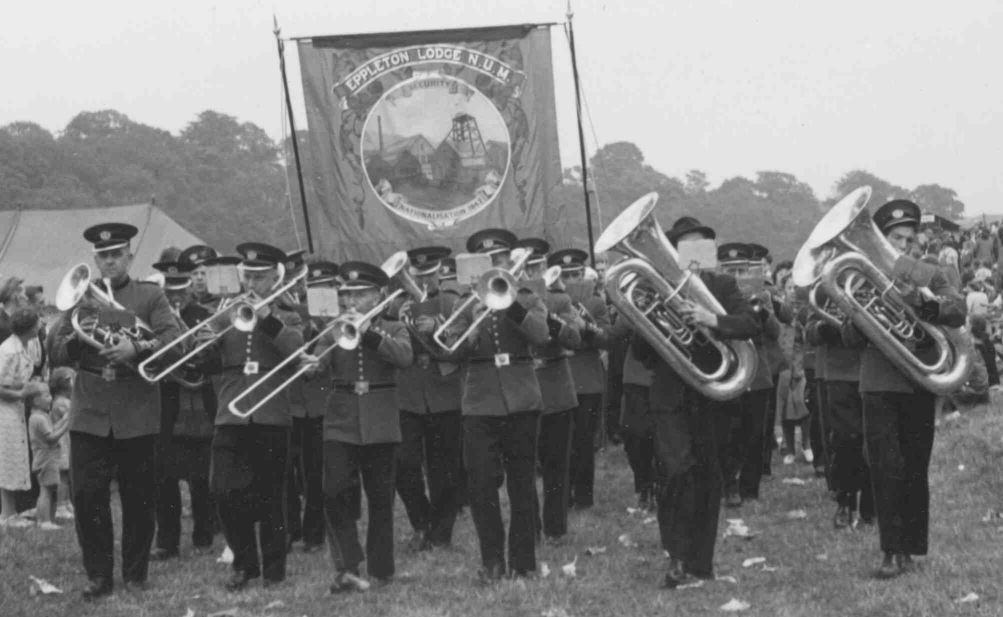20080728
20080716
no such thing as society #3: and i'm in-between


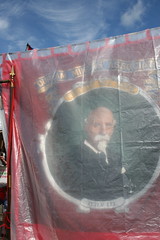
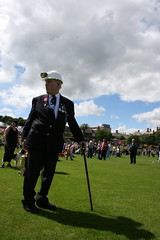
Labels: durham miners gala, nosuch thing as society, the
20080710
Boar Lane Leeds
Not being able to get to this exhibition I'm interested in what it did and how it did it. As someone who'll hold their hands up and profess a devotion to Patrick Keiller I'm fascinated by whatever he's doing.
no such thing as society
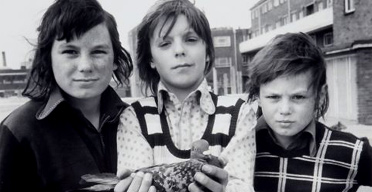
Photograph: Daniel Meadows 1974
Tullie House, Carlisle (May 10 to July 13)
"These images tell of the human cost. The devastation they record recalls Bill Brandt's photographs of Britain in the 1930s, or the work of the crusading photojournalist WF Lestrange in the same period. The latter, in his outraged polemic Wasted Lives, toured Wales and the industrial north to ram home their deep deprivation.
Now that the mid-1970s and the early 80s have become the subject of mainstream pop nostalgia - Life On Mars, Ashes to Ashes - the work of photographers Meadows, Murtha, Ian Dobbie and others provides a corrective to these simplified retro stylings. Their impulse was documentary, and their forebears included idealistic ventures such as Mass Observation and the neue sachlichkeit ("new objectivity") of 1920s Germany."
from Jon Savage's review in The Guardian March 24 2008
the likes of us


Michael Collins: 'The Likes of Us: A Biography of the White Working Class'.
Granta Books. 2004
Not finished this yet, but very much enjoying it. More to write about it but in the meantime parts relating to the middle and upper-class fascination with proletariat life (and revolutionary communism) and with the emerging fascist blackshirts in the late 1930s reveal something (hopeful) of the English temperament:
"When Mosley's blackshirts marched to the Elephant & Castle and into Bermondsey in 1937 singing 'the Horst Wessel Lied' and the hymn of Mussolini's fascist party, they were confronted by communists singing 'The Red Flag'. But all these voices were drowned out by the collective renditions of 'Rule Britannia' and 'Land of Hope and Glory' from the majority of those living nearby who had turned out on the streets, or witnessed the events from windows and balconies." (p.123)
Labels: biography, michael collins, the likes of us, working-class
